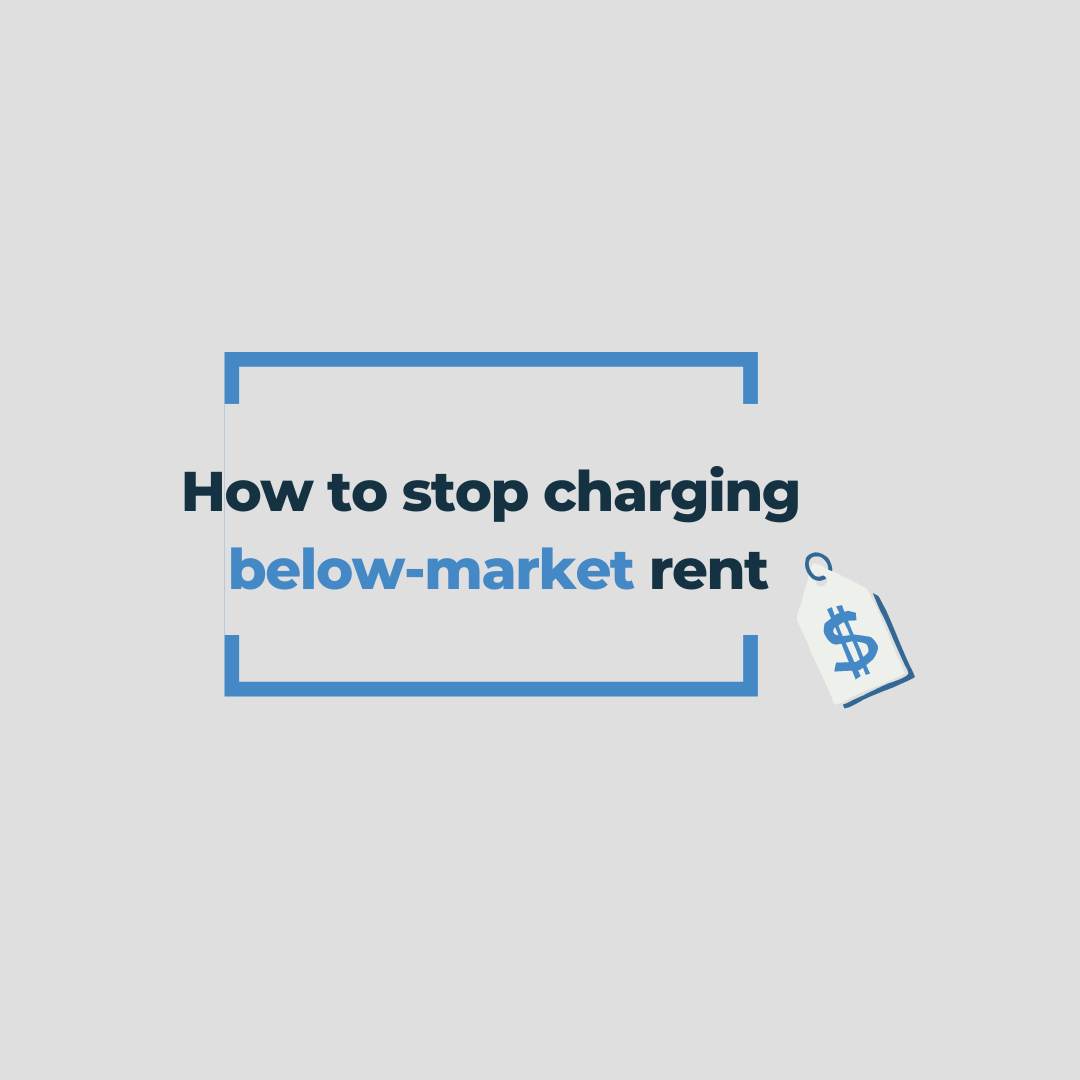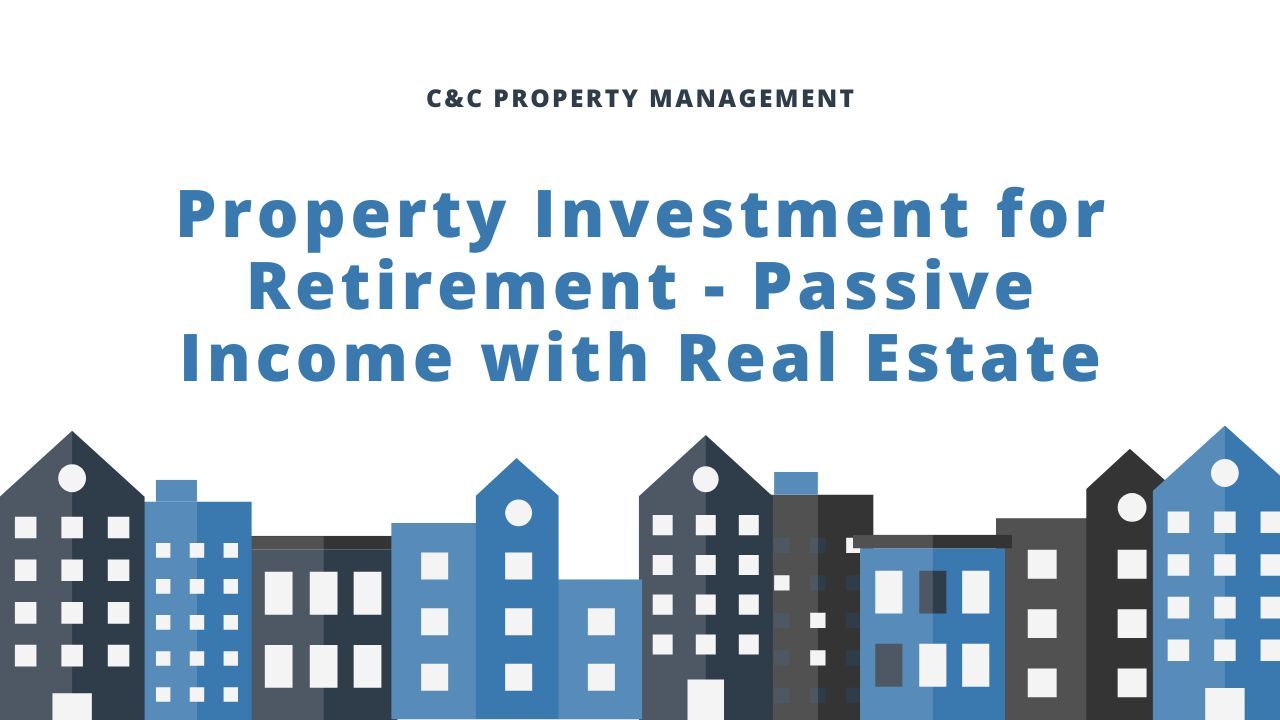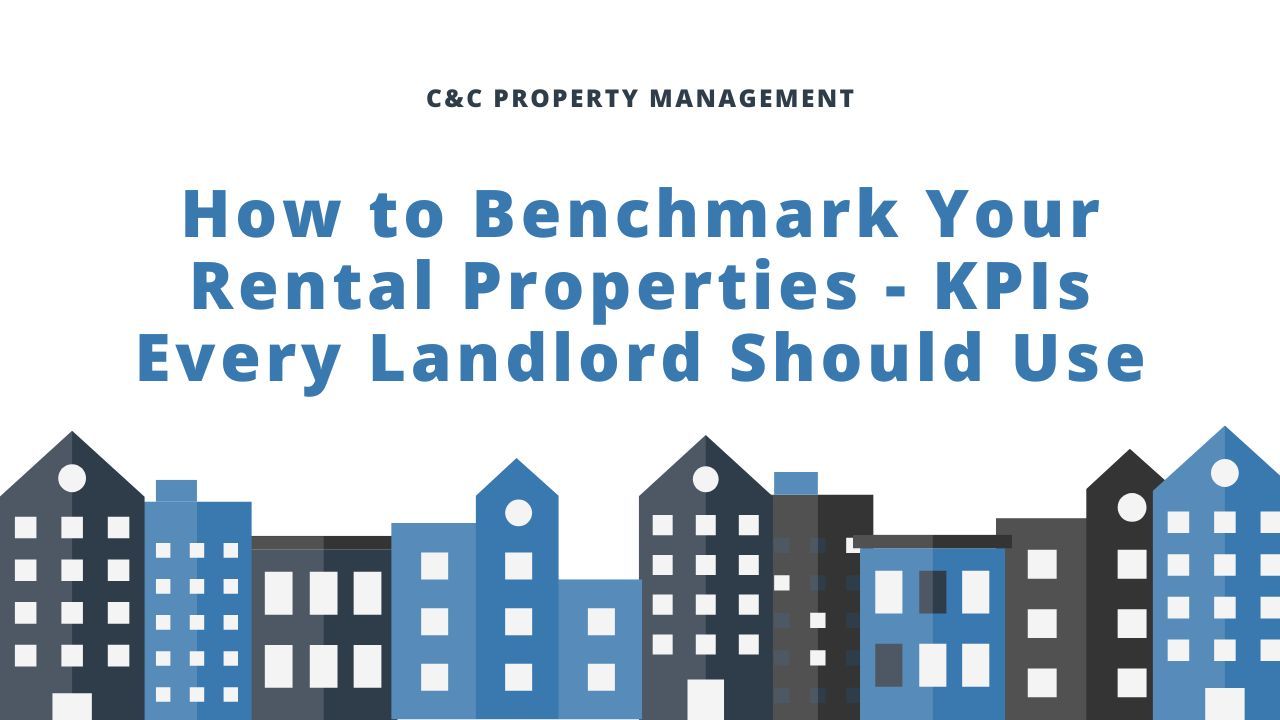How to stop charging below-market rent
Are you renting out a property at below-market rates? If so, you're not alone. A recent study found that almost half of all landlords are charging less than the market rate. But is this really the best thing for you and your tenants?

Lowering rental rates may seem like a great way to fill vacancies quickly, but in actuality it can end up costing you more money than if the property remained empty. With that said, don't forget about being kind - maintaining good relationships with tenants always pays off!
Are you considering what to do about your tenant's lease? It can be difficult to make the right decision for both parties, but there are some guidelines that may help you set up a successful and mutually beneficial outcome. Consider key factors like market price or personal objectives when deciding which option is best suited for everyone involved. In this article, we'll explore some of the benefits of charging market rent, and give you some tips on how to make the switch.
Why Below-Market Rent Typically Occurs
A below-market rent can occur when a tenant and landlord come to an agreement for which the market rate price is not met. This type of deal is beneficial for both parties, as it allows tenants secure access to rental housing at more affordable prices while providing landlords with consistent income from reliable renters.
If you've ever found yourself in a position where debt seems inevitable, it's important to understand the three common causes of such financial predicaments. Knowing these can help guide your actions and guard against owing money that could be avoided with careful planning.
1. Inherited residents
Sometimes we buy properties that already have a tenant in them. This is virtually always the case with multifamily properties. Fortunately, tenants often know that when a property changes hands, the rent will likely go up (especially if the new owner makes capital improvements). This is why many are nervous when hearing a property is up for sale. But it also means most won’t be surprised when they see their rent increased.
2. Not raising rents annually
Regularly raising your rental rates ensures that tenants are not surprised by a sudden jump in rent. Not only does it help you to better align with the local market, but keeping rents at their peak potential is also far more cost-effective than ignoring necessary increases and being stuck with below-market properties which can significantly impact profit margins for landlords. To maximize profits without sacrificing tenant loyalty, ensure that annual rate hikes become part of your routine property management strategy!
3. Long-term month-to-month tenants
With no end date in sight, month-to-month tenants can often slip below market rent for extended periods of time. At my company, we set a rate between $100-$250 extra per month to deter clients from initially opting for this option - however with longterm stays becoming more common place it's easy to forget that you should periodically reevaluate the rental price and make sure your tenant is paying what they should be relative to comparable properties. Otherwise, by not adjusting rates as needed, landlords risk falling behind on current trends within their local housing markets!
Ensure your month-to-month tenants are aware of their rent increases - use property management software to create a reminder and stay ahead on annual leasing schedules. Taking the initiative now can save you from losing them later!
4. Hot market
In today's fast-moving economy, the need to stay ahead of market trends is increasingly important in order for businesses and individuals alike to remain competitive. Keeping up with such a hot market can be an arduous task — one that should not be taken lightly!
With wages and inflation stagnating, the cost of renting across America is skyrocketing. According to Realtor.com's recent report, median asking rents for properties on the market have increased an astounding 16.7% year-over-year - a trend that could put further strain on many households already struggling with tight budgets.
Renters across America are facing unprecedented rent hikes, with certain areas experiencing explosive year-over-year growth. As Rent.com reveals in their recent report, cities like Newport and Greensboro have seen increases of almost 75% and 61%, respectively - leaving many struggling to keep up financially with the skyrocketing costs of living.
The Tenant Psychology
With renters across the country becoming increasingly vocal about large rent increases, we are witnessing a major disruption in the market. Not only have some tenants been unable to renew their lease due to these surges but they're often shocked at how high they really are - even when compared apples-to-apples with competitors. Investor G Brian Davis has echoed this sentiment after experiencing firsthand just how much of an impact outrageous hikes can make on apartment seekers' decision making process!
When it comes to negotiations, a simple 'take or leave it' offer can often come off as seemingly aggressive and insensitive. It's important to realize that people don't typically warm up quickly to unfavorable changes - especially those concerning rent increases in this current market climate. To get the best outcome from your negotiation tactics, treating each case with sensitivity is key!
Making your Decision and ConsiderationsEthical considerations
When it comes to increasing rent, many landlords feel conflicted; after all, who wants to make life more difficult for a beloved long-term tenant? That said, setting rates according to the market is essential for any landlord hoping for success and sustainability. Doing so will ensure that your investments remain profitable and allow you both peace of mind from continuing on into the future with stability.
Consider your decision thoughtfully. Weighing the potential benefits of reducing rent for a tenant against what extra money could provide you, it is easy to take an astute business stance on this situation - however if helping others aligns with your values don't hesitate to do so without expecting any recognition in return.
Financial considerations
Careful consideration should be given to how much rent is charged for a property. An overly ambitious rent can lead to costly vacancy periods which could outweigh any potential gains from higher rents. We've experienced this challenge in our own growth, as resources have not always been available when there has been an influx of rehabs and turnovers that would require additional holding costs if we wanted them filled quickly.
While increasing the rent of a single property to market value may make sense, it's not necessarily advantageous for our business when taking into consideration additional turnovers. Furthermore, if the condition of a property is below average and therefore rented at lower than expected rates, we have two available options - improve its quality or accept that returns will reduce due to low interest in renting.
Upgrading your property is a great decision, allowing you to charge market rate for its condition - an increase from the current $500/month rent. To make this transition as smooth and appreciated by all involved, give timely notice of vacating reminders with some assistance in their moving costs offered out of good will.
Moving your tenant's rent to market pricing can be daunting, especially if the gap between their current rate and market levels is considerable. Though temping, it may not always be financially beneficial in the long run to do so incrementally over time - instead we suggest raising rents as quickly yet responsibly as possible for optimum economic returns.
Legal considerations
Before leasing a rental property, it is critical to research your local and state laws. For instance, some cities may be subject to rent control like New York City while Oregon has implemented legislation capping annual rent increases at 7% plus inflation - meaning landlords must adhere to increased restrictions when increasing their tenants' monthly payments or issuing "no fault" eviction notices that require 90 days advance notice and relocation assistance fees equal up to one month's worth of tenant's respective payment payment. Familiarizing yourself with applicable regulations will help protect both landlord or renter from any potential missteps during the lease process.
Raising the Rent the best way possibleEstablish expectations early and openly to ensure an effective relationship with your tenants. When signing a lease, be transparent about potential rent increases - this is essential for building trust from the start of their tenancy. Even if you’ve purchased a property that already has existing residents in place, proactively communicating any expected changes helps create strong relationships over time.
It's important to communicate rental notices respectfully and formally. Sending a written notice both via mail and email is suggested, as it helps ensure your message will be received in full. If the rent increase is more than 1-3%, provide an explanation such as due to inflation or lack of increases for several years; this should help alleviate any confusion on why that specific amount has been chosen. And when wording out the notice, use 'property' rather than tenant names - this way you're not unintentionally implying anything negative about their character!
To ensure that a tenant isn't taken aback by the increase in rent, it's important to have everything communicated clearly and
concisely. Should they respond with anger, allowing them to take some time for cooler heads to prevail is an effective approach - meanwhile maintain a professional but calm tone as this tends produce more positive results than heated discussion.
Conclusion
As a business owner, it's crucial to stay on top of rent prices or you could end up with property rented below market value. The trick is to be fair while treating this as the savvy business decision that it really is - don’t let yourself get undervalued!
Thank you for reading our blog post on What to do if you are charging below-market rent. If you're a business owner who is looking for more information or want to stay up-to-date with the latest news in the rental market, be sure to check out our website and youtube channel. We also have social media pages where we update our followers with new content and tips. Thanks again for reading!








